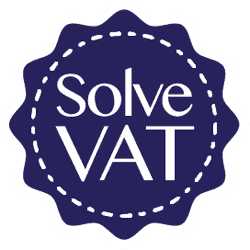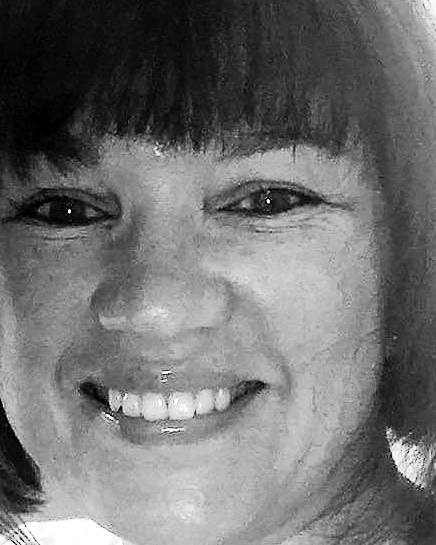VAT liability on cosmetic treatments
VAT on cosmetic treatments
In recent months we have received a number of calls enquiring about the VAT liability on cosmetic treatments. To put it simply is the supply of cosmetic treatments “medical care” or not? Is VAT due?
In Aesthetic-doctor.com Ltd v HMRC [2024] TC09030, the First Tier Tribunal (FTT) found that a private medical clinic offering cosmetic treatments was not providing medical care. Its supplies were therefore standard rated for VAT.
The Tribunal decision can be found at https://www.bailii.org/uk/cases/UKFTT/TC/2024/TC09030.html
Further Tribunal decisions on the VAT liability on cosmetic treatments can be found at https://www.bailii.org/uk/cases/UKFTT/TC/2023/TC08846.html
and https://www.bailii.org/uk/cases/UKFTT/TC/2024/TC09152.html
Background
Aesthetic-doctor.com Ltd (ADCL) is a private medical clinic providing a wide range of cosmetic services such as botox, facial volumising fillers, dermal fillers, and laser treatments primarily used for the repair of sun or sunbed damage.
ADCL’s sole owner and director was Dr McKeown, a qualified doctor registered with the General Medical Council and the British College of Aesthetic Medicine.
Following a VAT enquiry in relation to VAT liability, HMRC took the view that ADCL’s supplies were purely cosmetic and did not constitute medical care, which would have been exempt from VAT. HMRC issued a decision notice that ADCL was required to Register for VAT, having made taxable supplies over the VAT threshold. HMRC’s position was that the VAT liability on cosmetic treatments was standard rated.
VAT legislation
The VAT liability at issue is to be found at Item 1, Group 7, of Schedule 9 of the VAT Act 1994 which exempts the supply of services consisting of the provision of medical care by certain registered medical practitioners. Medical care in this context means diagnosing, treating and, in so far as possible, curing diseases or health disorders.
The relevant VAT liability on cosmetic treatments is detailed in the VATA 1994 https://www.legislation.gov.uk/ukpga/1994/23/schedule/9/part/II/chapter/7
VAT Tribunal
The VAT Tribunal found that the services provided by ADCL were not, in the round, medical care. This was crucial in deciding the VAT liability on cosmetic treatments. Establishing the facts in this case was far from straightforward.
No accurate picture of ADCL’s activities in any period was provided and there was no credible or coherent evidence to establish that ADCL was providing medical care.
While ‘health disorders’, within the meaning of medical care, can encompass psychological issues, ADCL failed to prove the nature and extent of any such issues for individual patients.
Patients chose ADCL’s services because they wished to improve their appearance. ADCL’s website encapsulated that thinking and patient questionnaires showed it to be the case.
Individuals worrying that they were looking older were not suffering from a health disorder.
Ageing is not generally viewed as a disease. Sun and nicotine damage are not part of the ageing process; these are self-inflicted damage.
While sun or nicotine-damaged skin may be a health disorder in cases such as melanoma, in general, they are not.
Although ADCL assisted patients in achieving their goals concerning their appearance in a kind and supportive manner, this was not found by the Tribunal to be medical care.
Patients wanted to feel better and look less tired or old; they hoped to achieve greater self-esteem. This did not amount to medical care.
The VAT appeal was dismissed.
The VAT liability on cosmetic treatments in this case was found to be standard rated. As the burden of proof is on the taxpayer, it is necessary to produce sufficient evidence, when called upon to do so, to support taking a particular view. ADCL was not able to produce adequate evidence to support its supplies being exempt from VAT within the medical care exemption. With further detailed evidence to support the position of the Appellant the Tribunal might have reached a different conclusion which highlights the importance of careful preparation and case presentation when seeking to establish the VAT liability of a supply.
VAT guidance
HMRC’s VAT liability guidance on health and welfare can be found at https://www.gov.uk/guidance/welfare-services-and-goods-notice-7012
More about our VAT specialists advisors or phone us on 0161 883 2120 any VAT liability issue.

Meet The Team

PeterSmallwood
Peter has assisted a variety of clients including overseas businesses, large multi-national businesses, family businesses, partnerships and sole proprietors. Peter has represented clients at VAT ADR meetings and at the First-Tier Tax Tribunal. Initial negotiations with HMRC can be crucial and as a VAT specialist Peter has been able to make representations to HMRC that have resulted in a number of clients to successfully resolve matters without the need of further action. Peter has been instructed by a number of firms of Solicitor’s to provide expert witness reports in relation to VAT matters.
Experience
Peter has over 25 years’ experience as a leading VAT specialist working as a VAT accountant in the accountancy profession including being a VAT Director at Deloittes. Prior to working as a VAT accountant within the profession he worked as a Senior VAT Officer at what is now HM Revenue & Customs (HMRC). Indeed he remembers the days prior to HMRC when he worked at HM Customs & Excise (HMC&E) and before specialising in VAT his work experience included Excise Duty and Customs Duty matters.

RachelDavies
Rachel Davies began her working life in the legal profession. When appropriate Rachel will instruct Counsel on behalf of clients for some of the more complex appeals on which we are instructed. Some appeals where Counsel has been instructed by Rachel have resulted in HMRC conceding the matter only a matter of days before a hearing was due to take place.
She moved on from the legal profession and over 25 years ago began working with the VAT group at Deloitte. Rachel was instrumental in setting up Solve VAT in 2002 and almost the first matter she worked on was what ultimately turned out to be a successful appeal on behalf of a client to the High Court from what was then the VAT and Duties Tribunal.
